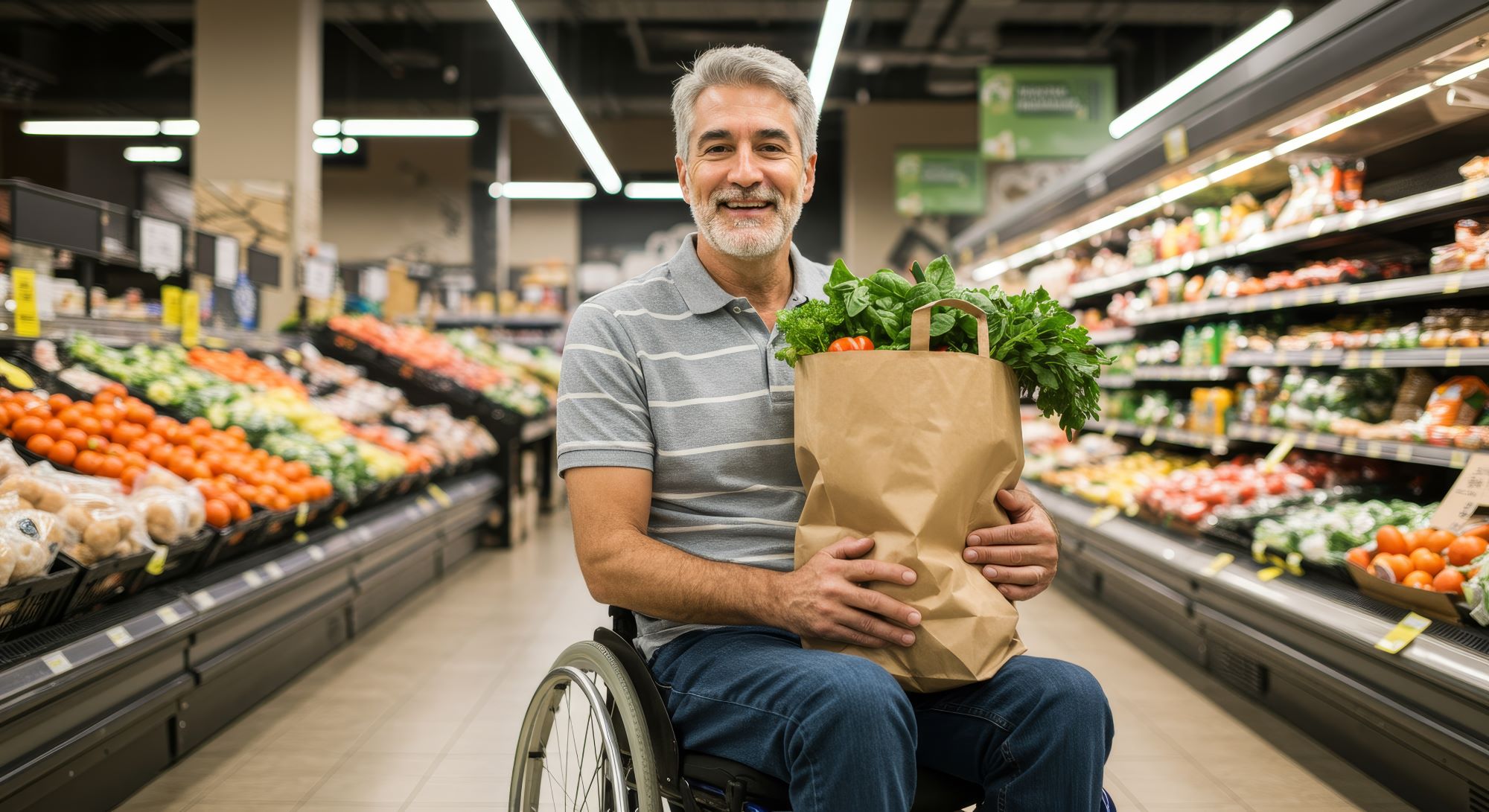Conclusion
The discussion about the accessibility of supermarkets for people with disabilities, especially wheelchair users like Henry Idiri, makes it clear that there is still considerable room for improvement here. In addition to barrier-free access, the self-service and checkout scales in the vegetable departments are a key challenge, as they are often positioned too high and are difficult to operate. To overcome these hurdles, low-mounted displays and possible voice output can be the solution. Companies such as Bizerba have been offering accessible self-service scales such as the Q1 100 or the K3 100 for many years, which improve accessibility. Henry Idiri's emphasis on the importance of feedback underlines the need for supermarkets to actively respond to the needs of their customers and continuously improve their products to create an inclusive shopping environment.

